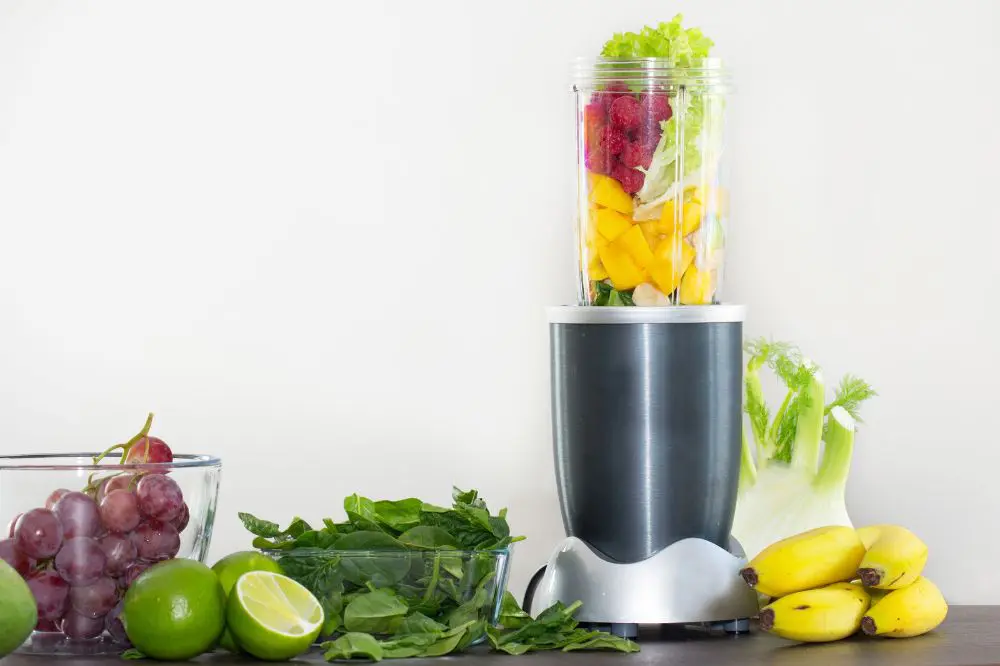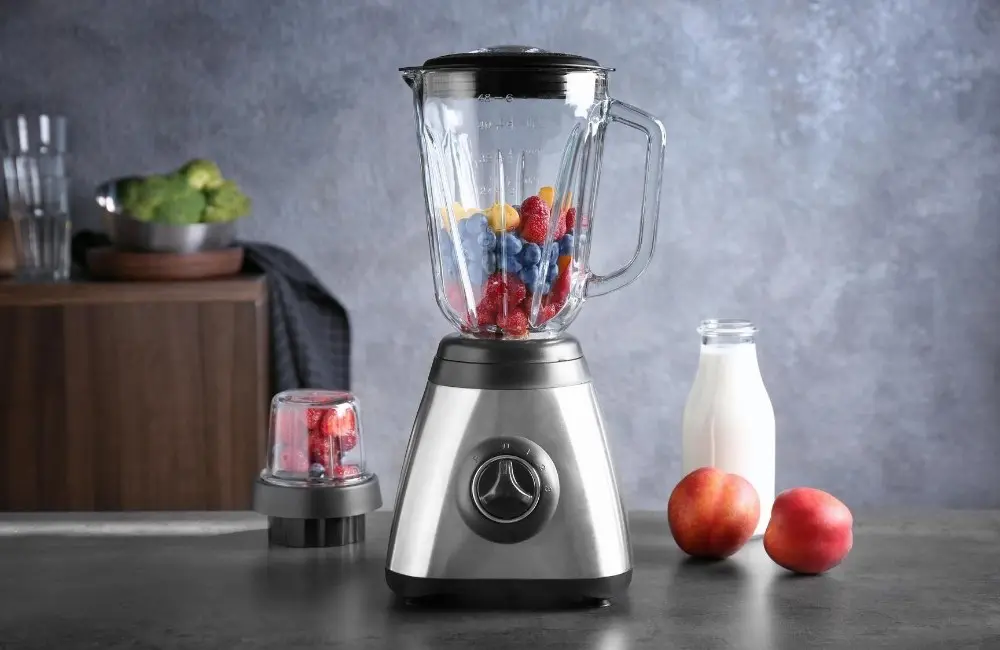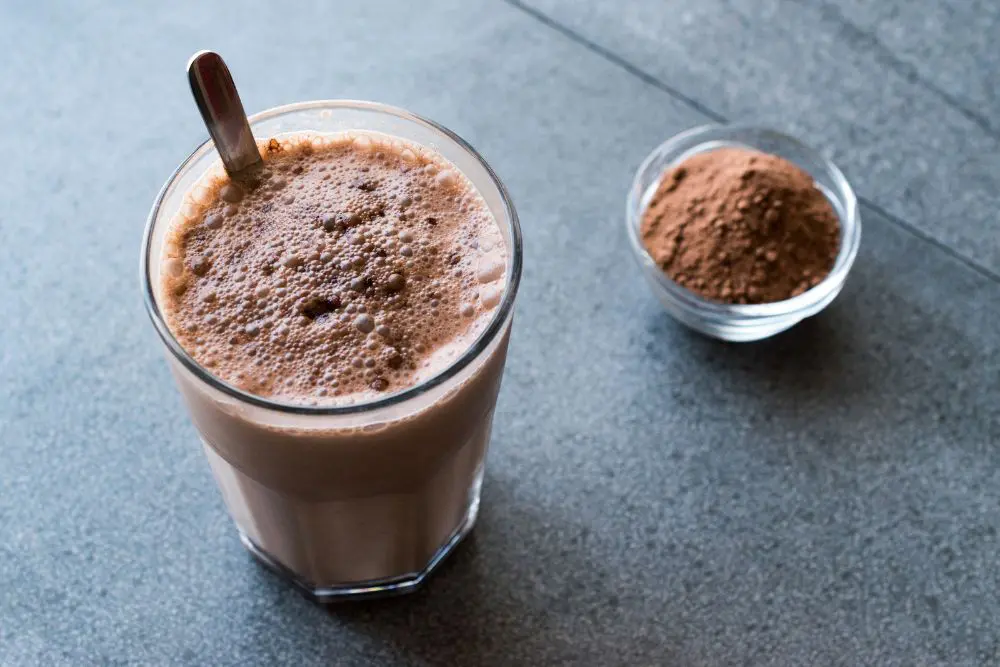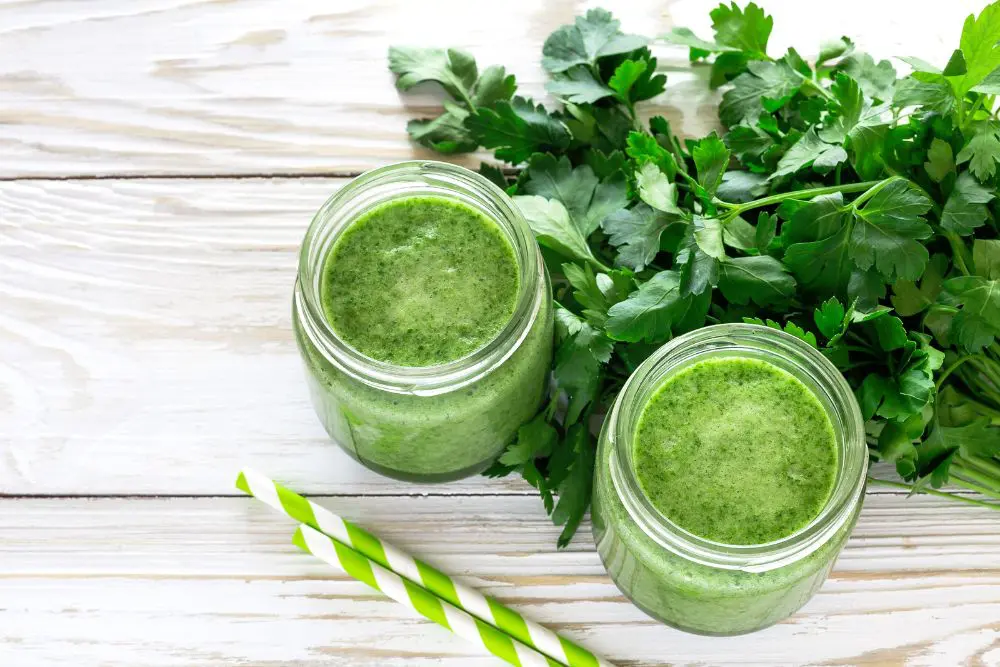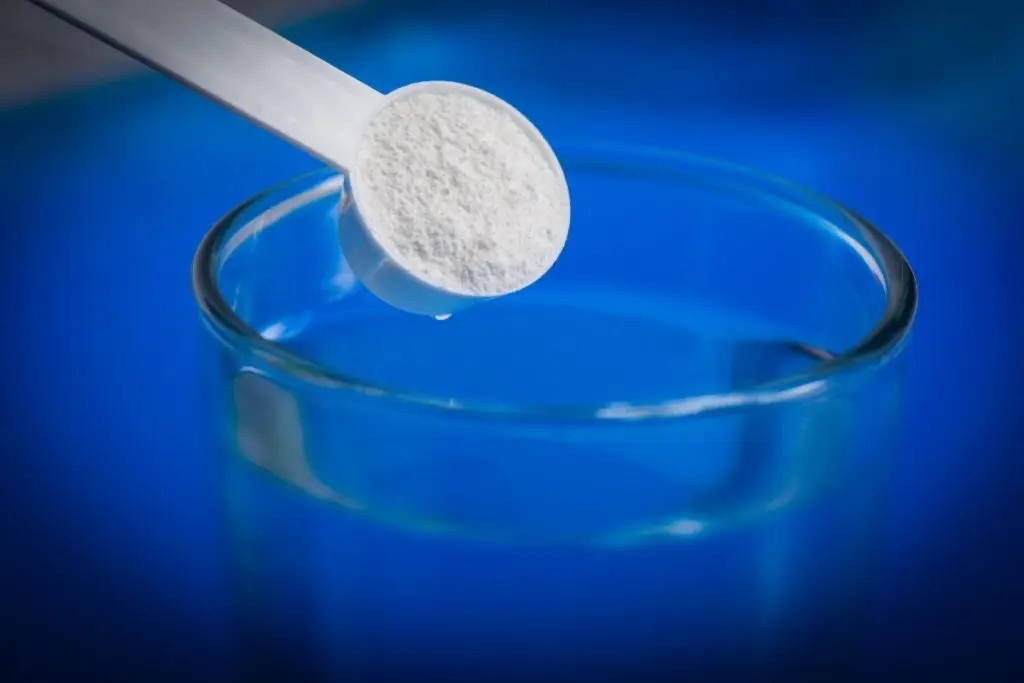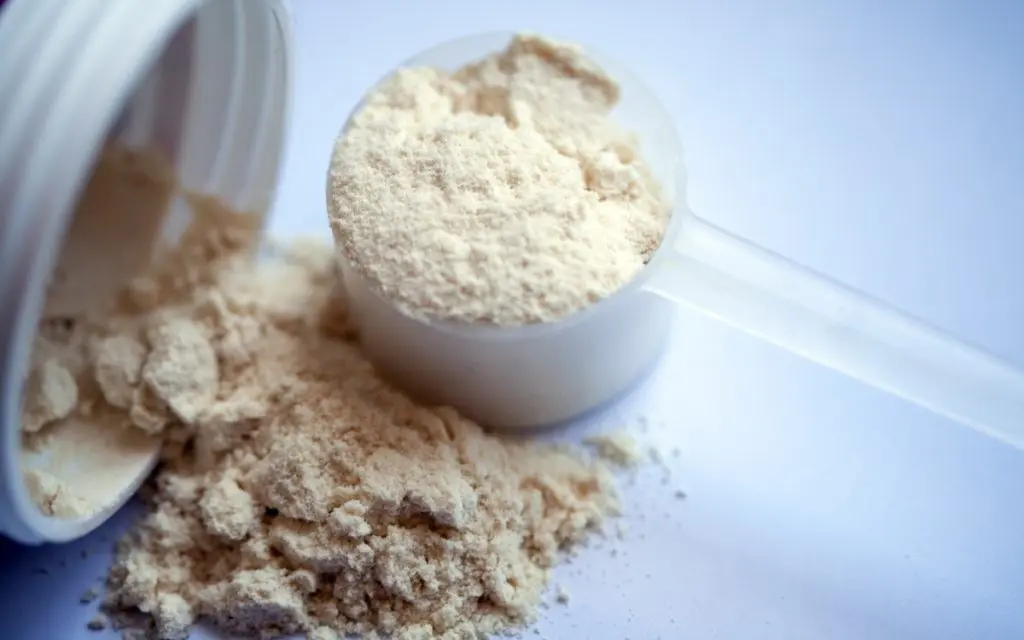So you want to get into juicing. In this article, we take a look at juicer vs. blender for your routines, and weigh the pros and cons.
Perhaps you’re looking for an energy boost in the morning, or halfway through the day when you reach that afternoon slump? Maybe you don’t have time to sit down and eat a meal every day, and need a quicker alternative? Or maybe you’re looking to lose some weight and need something simple ‘n easy?
Whatever your reason, you’ve decided that juicing is the way to go, and now you need to find yourself a juicer. Or a blender. Or both? What’s even the difference between the two?
In this article, we’ll take you through the differences between juicers vs. blenders. By the time you’re done reading, you’ll know exactly which to use and when. Let’s get started.
Juicers vs. Blenders Overview
The debate of blender vs. juicer is a tale as old as time (or at least, as old as modern technology). There’s no decisive answer as to which one is better on the whole — you’ll have to decide for yourself which one you think will best suit your goals and lifestyle.
| Pros | Cons | |
|---|---|---|
| Juicer | – Quick Boost Absorb nutrients quicker with juice – Tummy Friendly Produces a thin drink that is easy to digest – Fast and Easy Separates the fiber and juice for you, which means no excessive prep – More Nutrients Since there’s no pulp, you can get more fruits and veggies into one drink, allowing you to pack in the nutrients | – Not Very Filling Without fiber, juices won’t keep you from being hungry for very long – Lots of Waste All that fiber has to be disposed of, and can be difficult to clean out of the machine – Cost Prohibitive Usually cost more than blenders, and can be very expensive depending on the size and model |
| Blender | – No Waste Blends everything you put into it – Feel Fuller Longer Creates a thick, smoothie-like drink that slows down digestion – Full of Fiber Great for digestive health and cleaning out the plumbing – Save Money Less expensive than juicers, and easy to obtain from your average department store | – Tough on the Tummy The fibrous drink can be harder to digest – Takes Time You may need to separate fruits from their rinds before you blend – Packs a Smaller Punch May not be able to handle harder fruits and veggies |
Juicer vs. Blender: An In-Depth Comparison
Now that we’ve seen an overview of juicers and blenders, let’s compare the two with an in-depth analysis. What are the benefits of juicing vs. blending?
Functionality
If you’re just looking to liquidize your fruits and veggies to make sure you get the recommended quota, then both the blender and the juicer will get the job done. Both machines work quickly and produce something you can drink immediately.
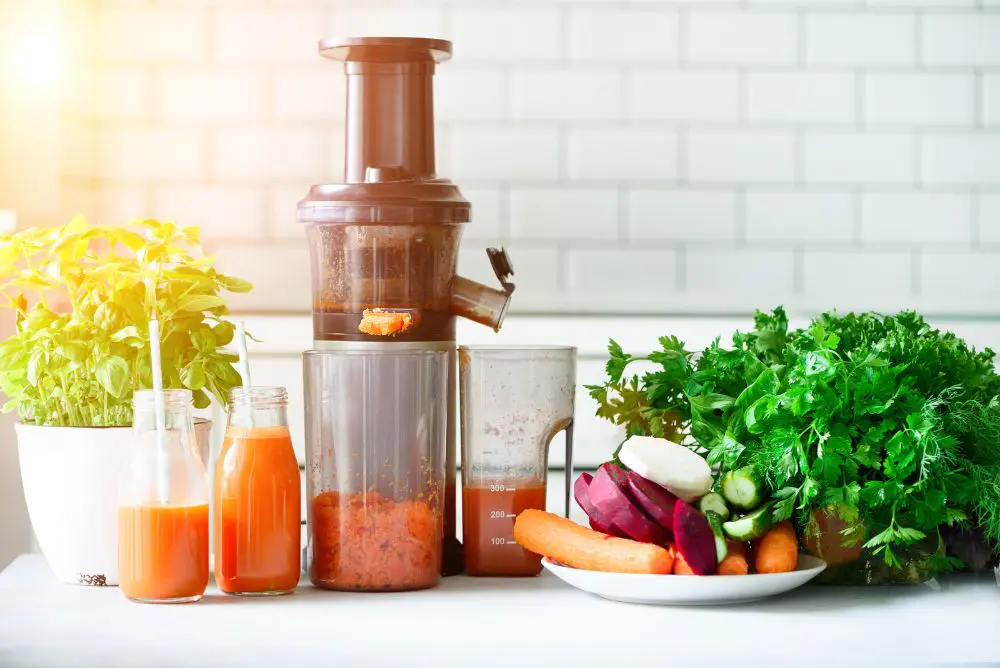
But blenders often require more prep time. You can’t stick hard fruits or vegetables in there, and unless you want bits of lemon rind or avocado pit in your drink, you might need to peel and de-seed your ingredients before you throw them in. An emulsifying blender vs. juicer especially isn’t cut out for solids.
Juicers, on the other hand, can handle a variety of fruits and are designed to separate juice from fiber. That means you won’t need to peel or remove anything before you get started. If you’re working with a juice extractor vs. blender, you can also juice out greens like kale or wheatgrass to add some extra oomph to your juice.
But where blenders take more prep time, juicers take more clean-up. Getting all that fibrous pulp out of the machine can be time-consuming and tedious. And what do even you do with all that waste? On the other hand, blenders just need a quick rinse, or in some cases, a run through the dishwasher. Easy peasy.
Winner: Tie
Nourishment
A common misconception is that juicers sacrifice nutrients by separating the pulp. But according to a study done in 2019, the amount of “lost” nutrients is negligible. In fact, since you can pack more fruits and veggies into a single drink, you’re usually getting more nutrients per sip than you would from a blender. All those nutrients absorb quickly into your system( since the juicer separates out fiber), giving you a quick boost
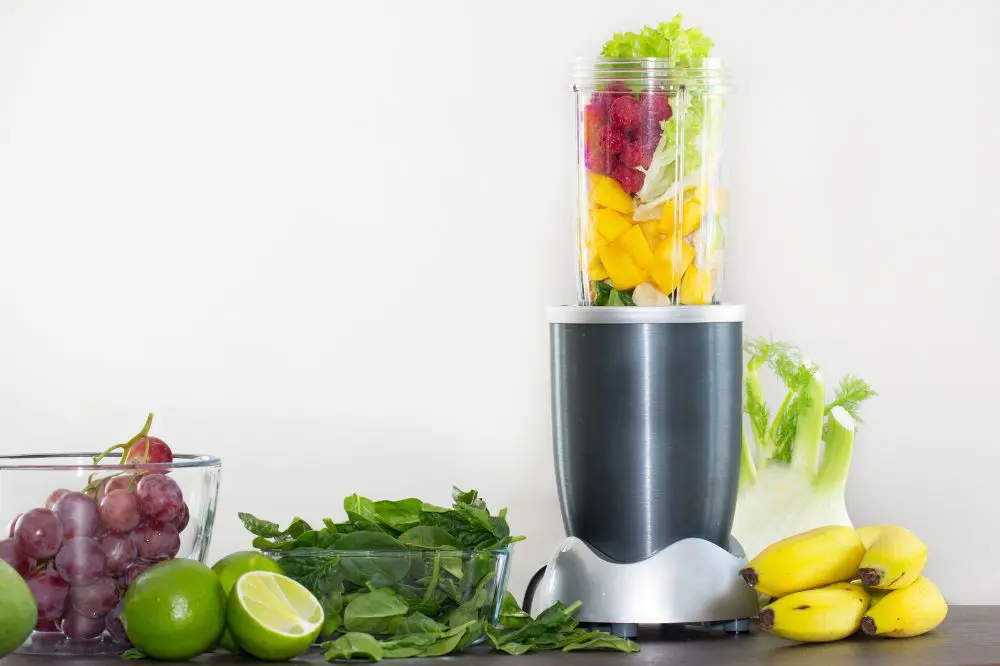
Without all that fiber, however, juices aren’t nearly as filling. Rather than a meal replacement, you end up with a diet supplement. You’ll be hungry again pretty quickly.
When you blend, you keep the fiber, creating a thicker drink that takes a lot longer to digest. There are fewer nutrients per sip compared to juice, because you can’t get as much into your drink when the fiber is in the way, but those nutrients absorb slowly into your system, providing long-lasting effects.
Winner: Juicer
Cost
This is the only category where there’s a clear winner. Blenders cost significantly less than juicers, and most people already have one in their home. Depending on the type of juicer, you could be looking at prices well into the hundreds of dollars. Blenders are the more wallet-friendly option if you’re just starting out on your juicing journey, especially if you’re not sure you’re going to like it.
While juicers are more expensive, they are also long-lasting devices that will process your fruits and veggies for years to come. They’re an investment in a healthier future, and depending on what you’re looking for, they’re worth every penny.
Winner: Blender
Final Word on Juicer vs. Blender: Which Do You Choose?
In the end, the only person who can decide which machine to go with is you. Juicers are easier to digest and give you tons of nutrients very quickly. Blenders offer slow-release nutrients and keep you feeling fuller longer. Juicers are time-consuming to clean and produce food waste that has to be disposed of, while blenders often require tedious prep time. Blenders cost less, but juicers pack more nutrients per sip.
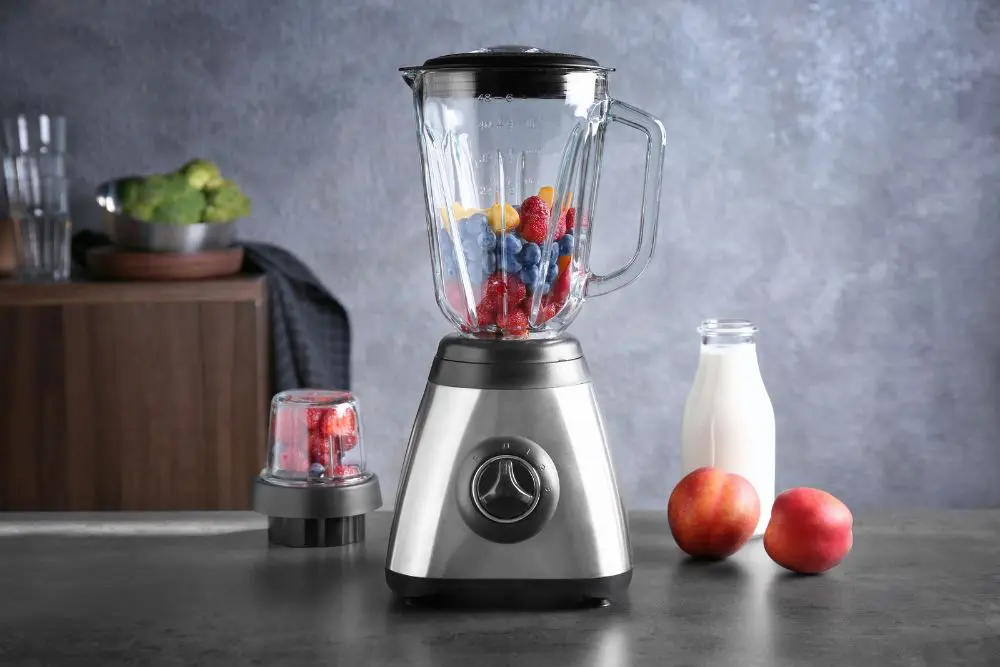
If it’s in your budget (and you have the kitchen space), you might choose to get both. You can enjoy a quick juice when you’re crunched for time, or craft a delicious smoothie to sip slowly instead of eating a meal. But not everyone can afford to own both a blender and a juicer.
The truth is, both machines are valid options for those wanting to lead a healthier life. Rather than thinking about which is better on the whole, think about which is better for you as an individual. Here are a few questions to keep in mind as you think through your options:
- What’s in your price range?
- Do you like to drink juices or smoothies better?
- Do you need to add fiber to your diet, or limit it?
- Are you looking for a meal replacement or just something to add to your day?
- Would you rather spend time prepping your fruits and veggies, or cleaning out the fibrous waste?
The choice between juicer and blender is a tough decision that plagues health enthusiasts and professionals alike. While we’d love for an easy answer, there’s no clear winner here. You’ll have to look at the pros and cons and decide which best suits your lifestyle and goals.
Further Reading

